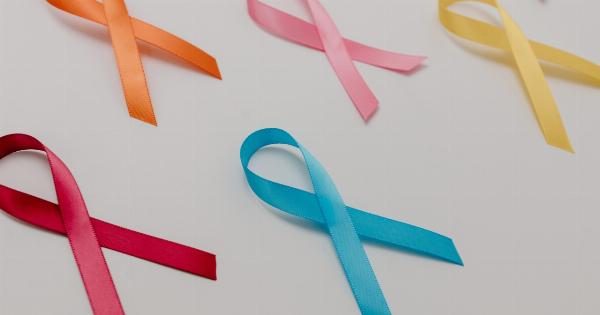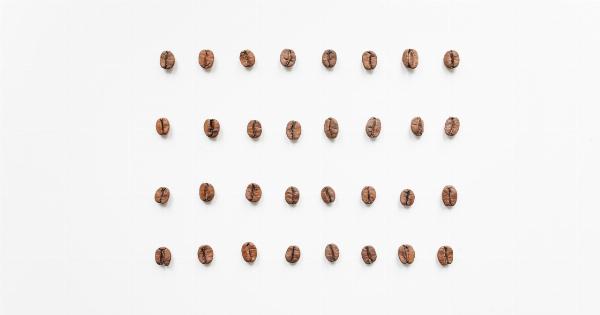The liver, kidneys, and bladder are vital organs in our body that play a crucial role in the detoxification process.
These organs work together to filter out toxins, waste products, and excess substances, ensuring the proper functioning of our body systems. However, due to various factors like poor lifestyle choices, exposure to environmental pollutants, and unhealthy diets, these organs can become overwhelmed, leading to a buildup of toxins.
This article will serve as an ultimate detox guide to help maintain the health of your liver, kidneys, and bladder.
1. Understanding the Detoxification Process
The detoxification process is a natural body mechanism that eliminates harmful substances from our body. The liver acts as the primary detox organ, breaking down and transforming toxins into less harmful substances.
The kidneys filter waste products and excess water from the bloodstream while the bladder stores and releases urine. It is essential to support these organs to facilitate efficient detoxification.
2. Stay Hydrated
Water is vital for maintaining healthy kidneys and bladder. It helps flush out toxins, preventing the formation of kidney stones and urinary tract infections.
Aim to drink at least eight glasses of water every day to stay adequately hydrated and support your body’s natural detoxification process.
3. Include Liver-Friendly Foods in Your Diet
Consuming a diet rich in liver-friendly foods can enhance your liver’s detoxifying abilities. Include foods like leafy greens, cruciferous vegetables (such as broccoli and cauliflower), garlic, turmeric, and beets in your diet.
These foods contain antioxidants, vitamins, and minerals that support the liver’s detox function.
4. Limit Alcohol Consumption
Excessive alcohol consumption can damage liver cells, hindering its detoxification capabilities. To maintain a healthy liver, limit your alcohol intake to moderate levels. For women, this means one drink per day, and for men, it is two drinks per day.
5. Reduce Processed Foods and Sugars
Processed foods and high-sugar diets can increase the burden on your liver, leading to fatty liver disease and impaired detoxification. Avoid or reduce the consumption of processed foods, sugary snacks, and beverages.
Instead, opt for natural, whole foods like fruits, vegetables, lean proteins, and whole grains.
6. Exercise Regularly
Regular exercise aids in improving blood circulation, including blood flow to your liver, kidneys, and bladder. Exercise also promotes sweat, which is another way our body eliminates toxins.
Engage in moderate-intensity exercises like brisk walking, jogging, or swimming for at least 30 minutes a day, five days a week.
7. Cut Back on Salt
Excessive salt intake can negatively impact kidney function, leading to water retention and increased blood pressure. Limit your salt consumption by avoiding processed foods, canned soups, and fast food.
Instead, season your meals with herbs and spices to add flavor.
8. Get Sufficient Sleep
Adequate sleep is crucial for maintaining the health of your liver, kidneys, and bladder. During sleep, these organs repair and regenerate, supporting their optimal functioning.
Aim for 7-8 hours of uninterrupted sleep every night to ensure adequate rest for your body.
9. Avoid Exposure to Environmental Toxins
Limit your exposure to environmental toxins, such as air pollutants, chemicals, and pesticides. When using cleaning products, opt for natural and eco-friendly alternatives.
Additionally, ensure proper ventilation in your living spaces to improve air quality.
10. Stay Stress-Free
Chronic stress can negatively impact your liver, kidneys, and bladder. Practice stress-management techniques like meditation, deep breathing exercises, yoga, or engaging in hobbies to reduce stress levels.
Managing stress will not only benefit your mental health but also support your body’s natural detoxification processes.































